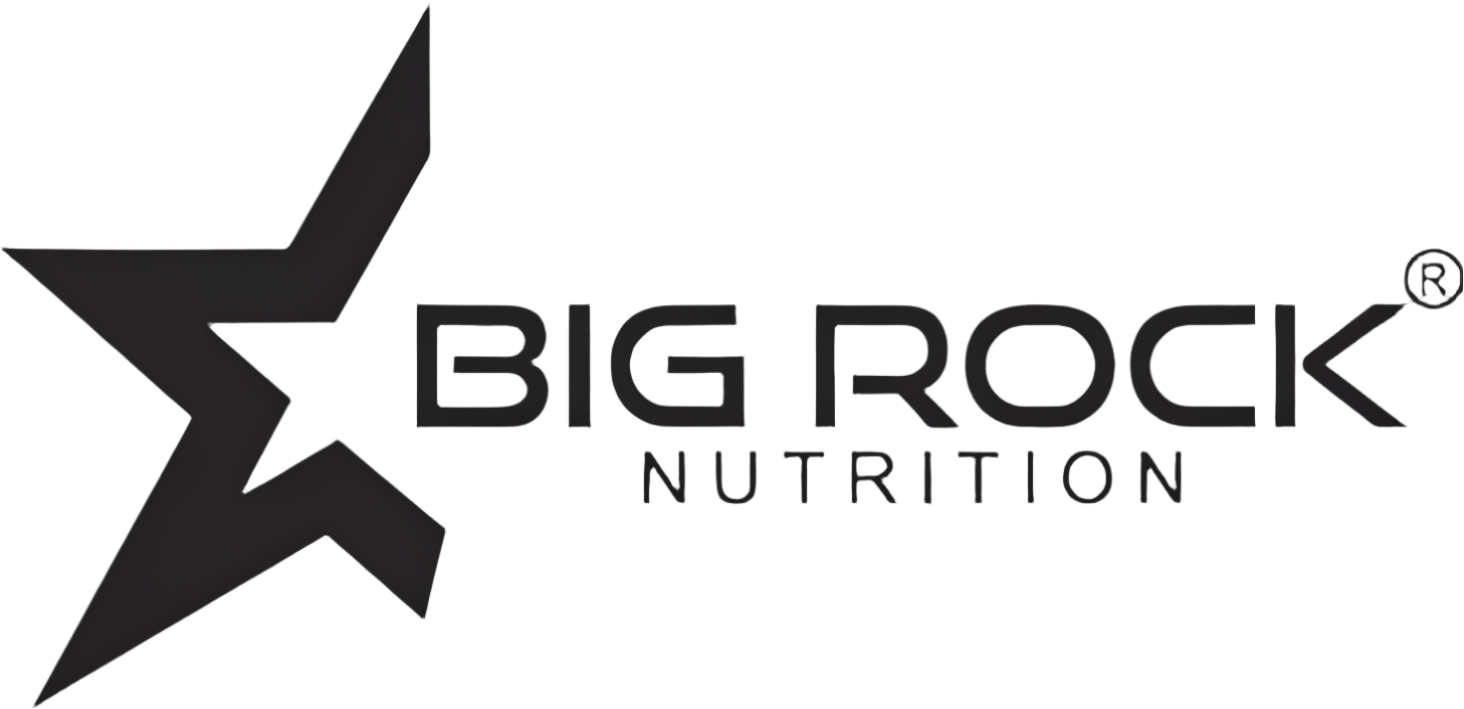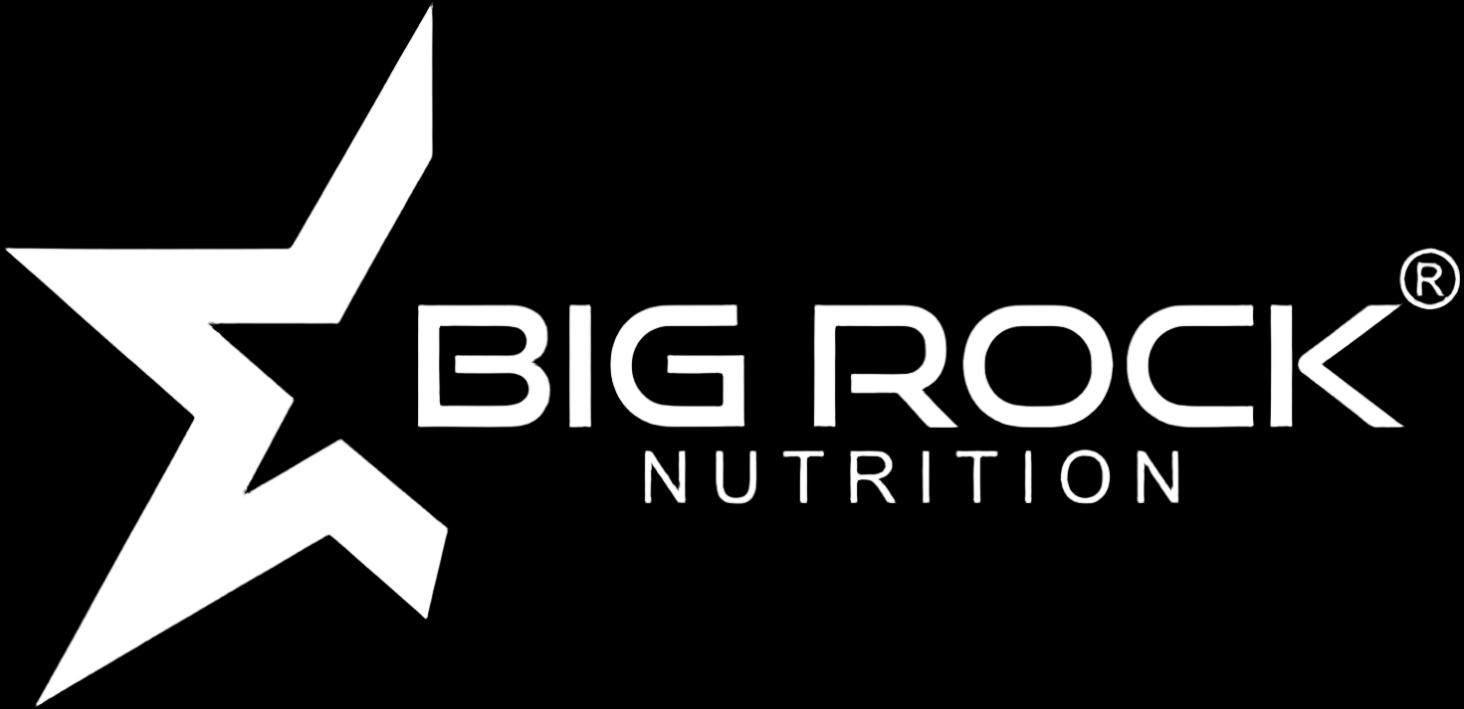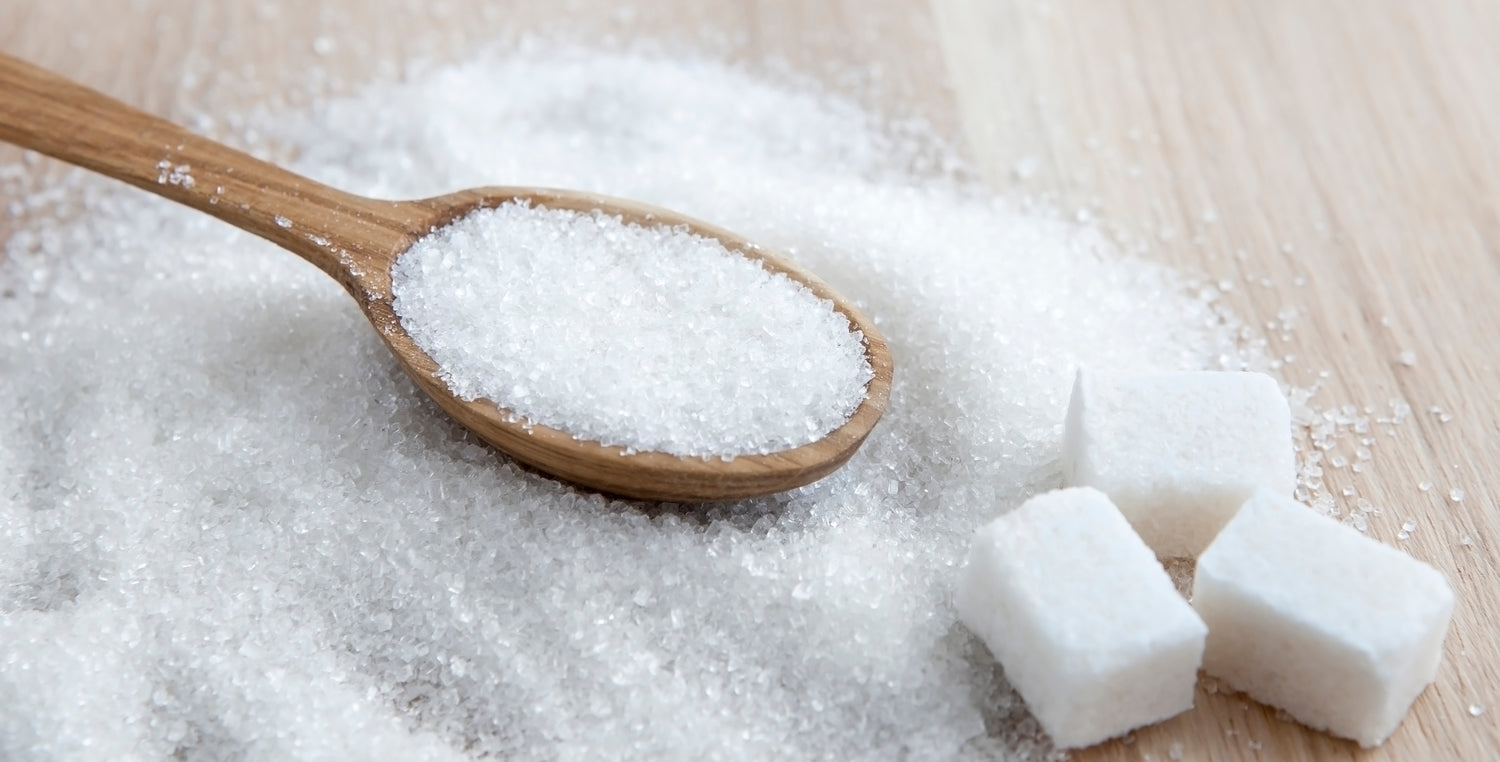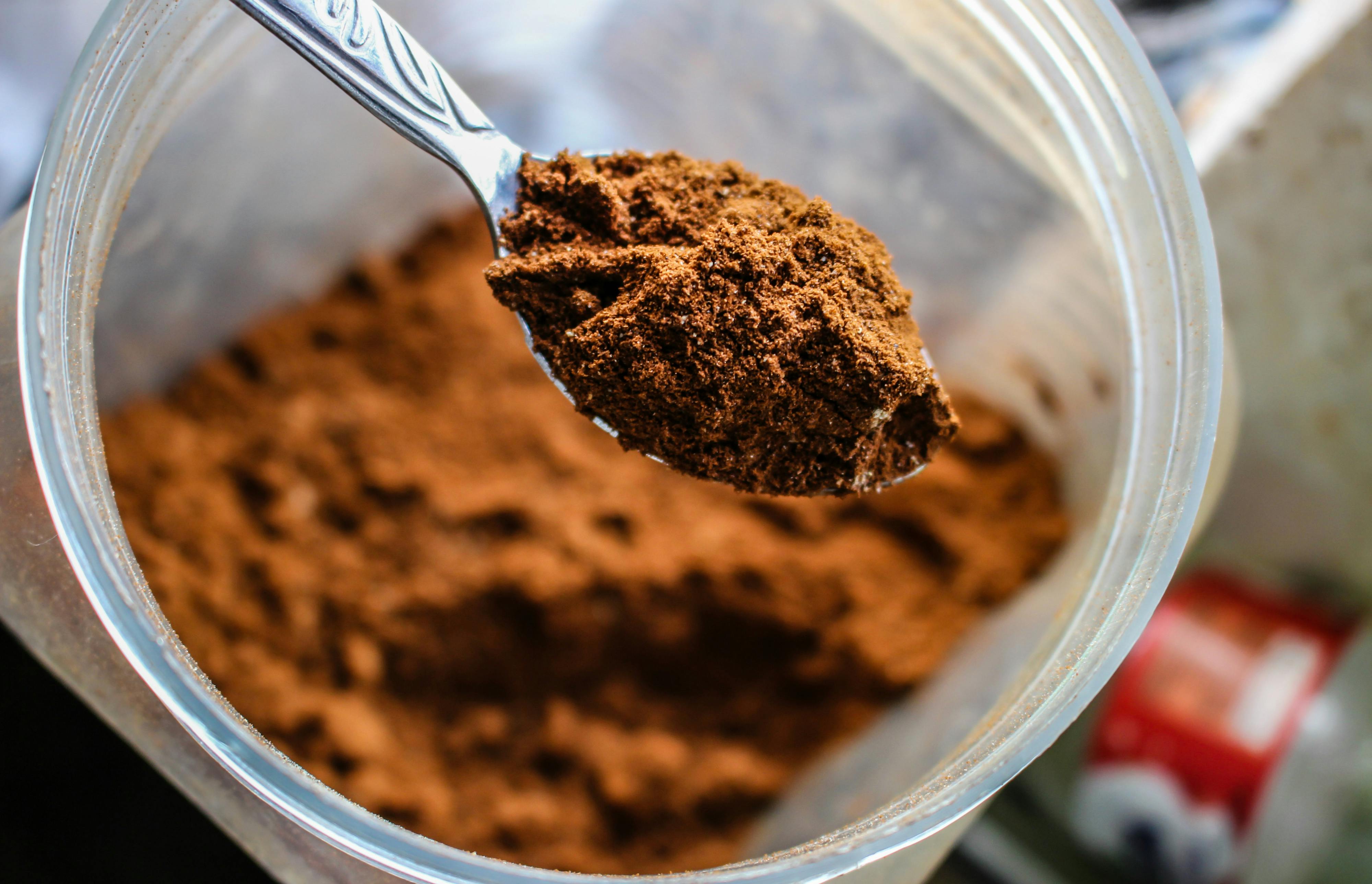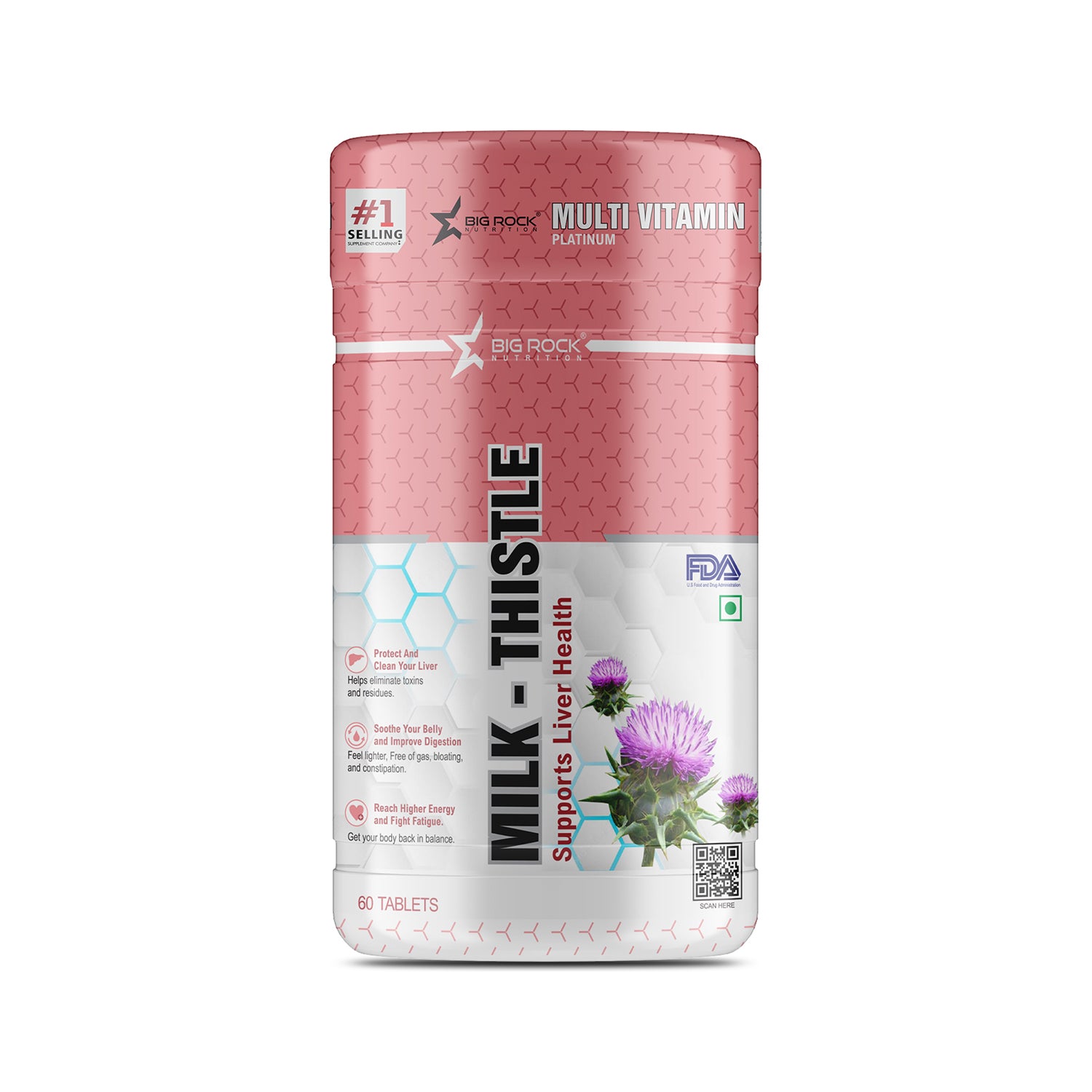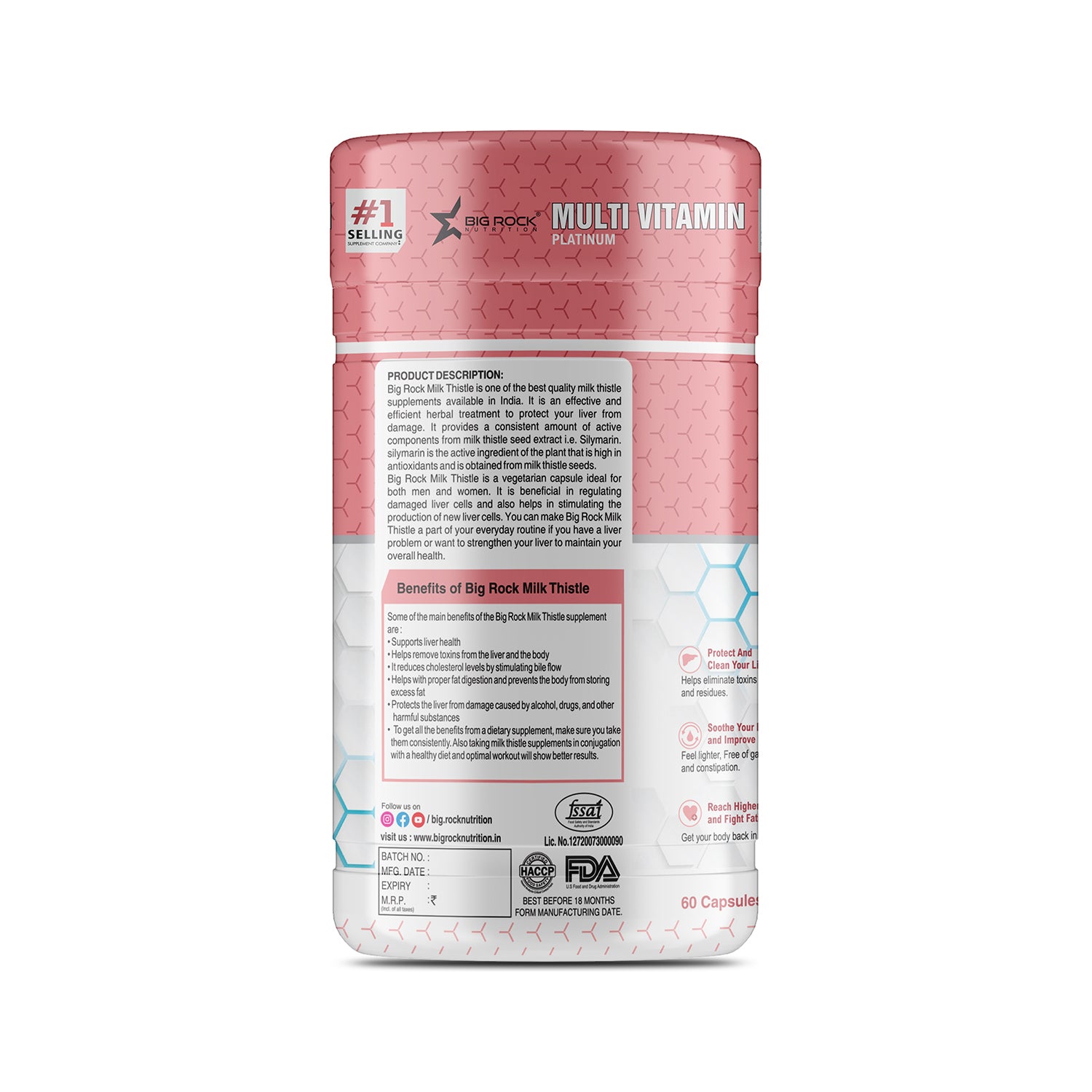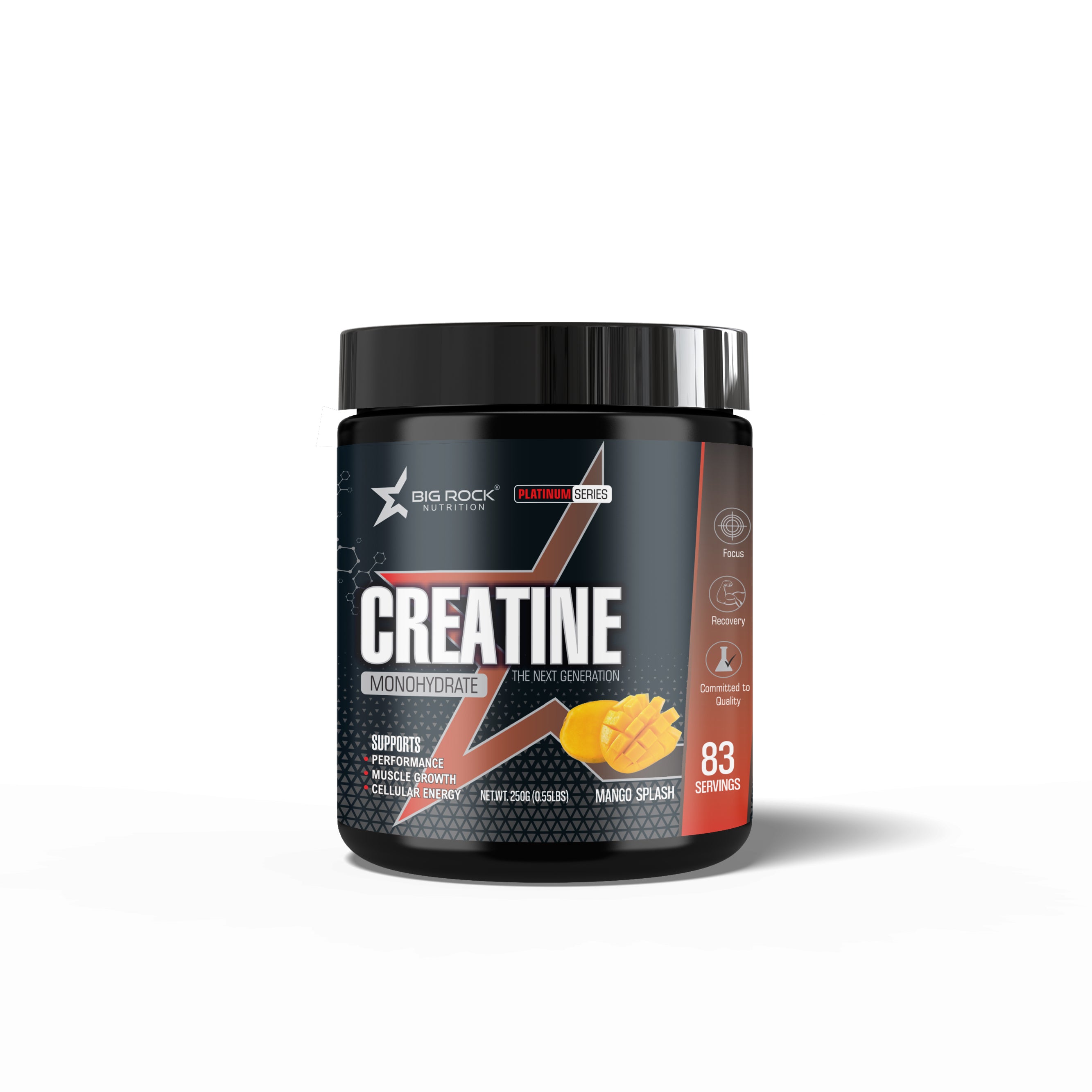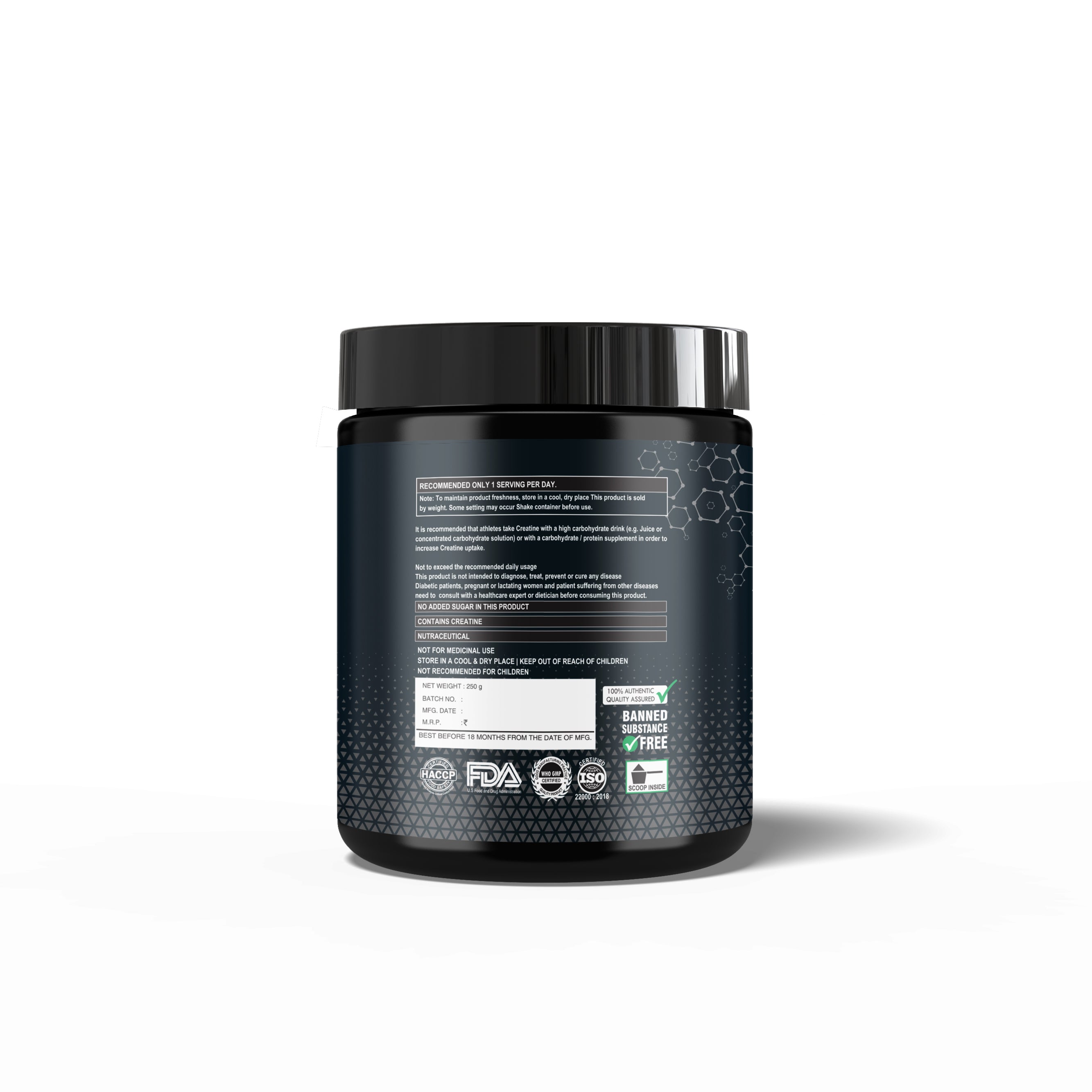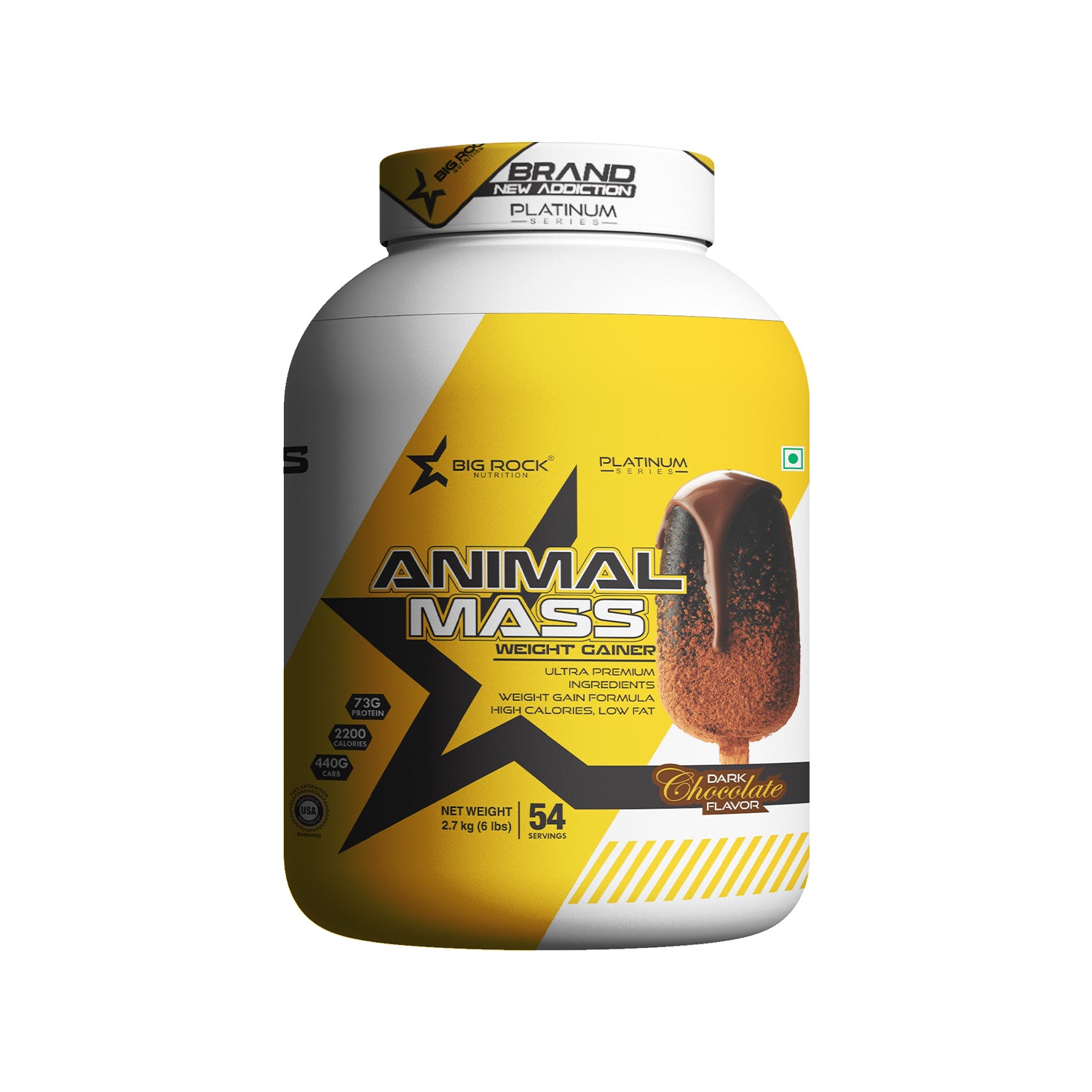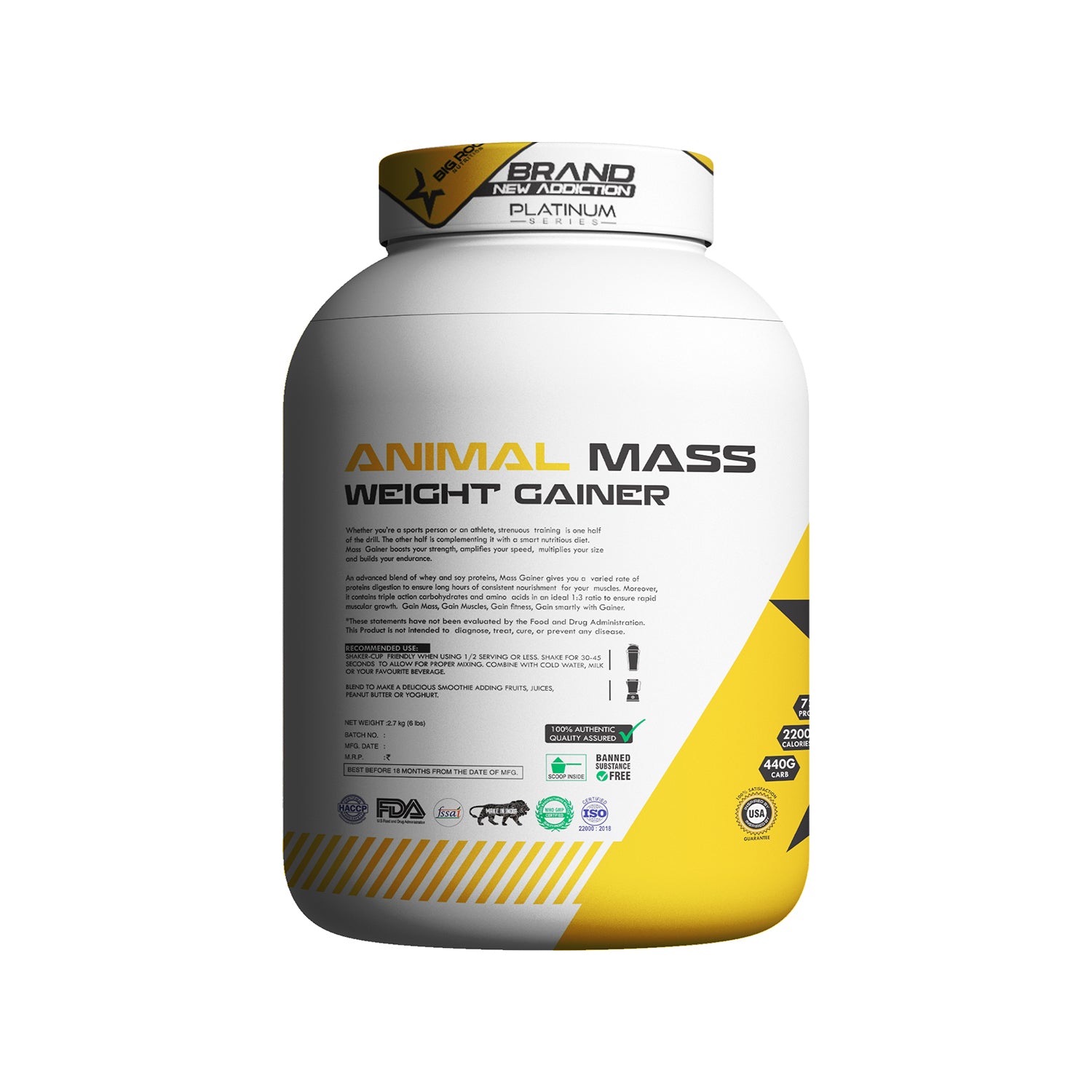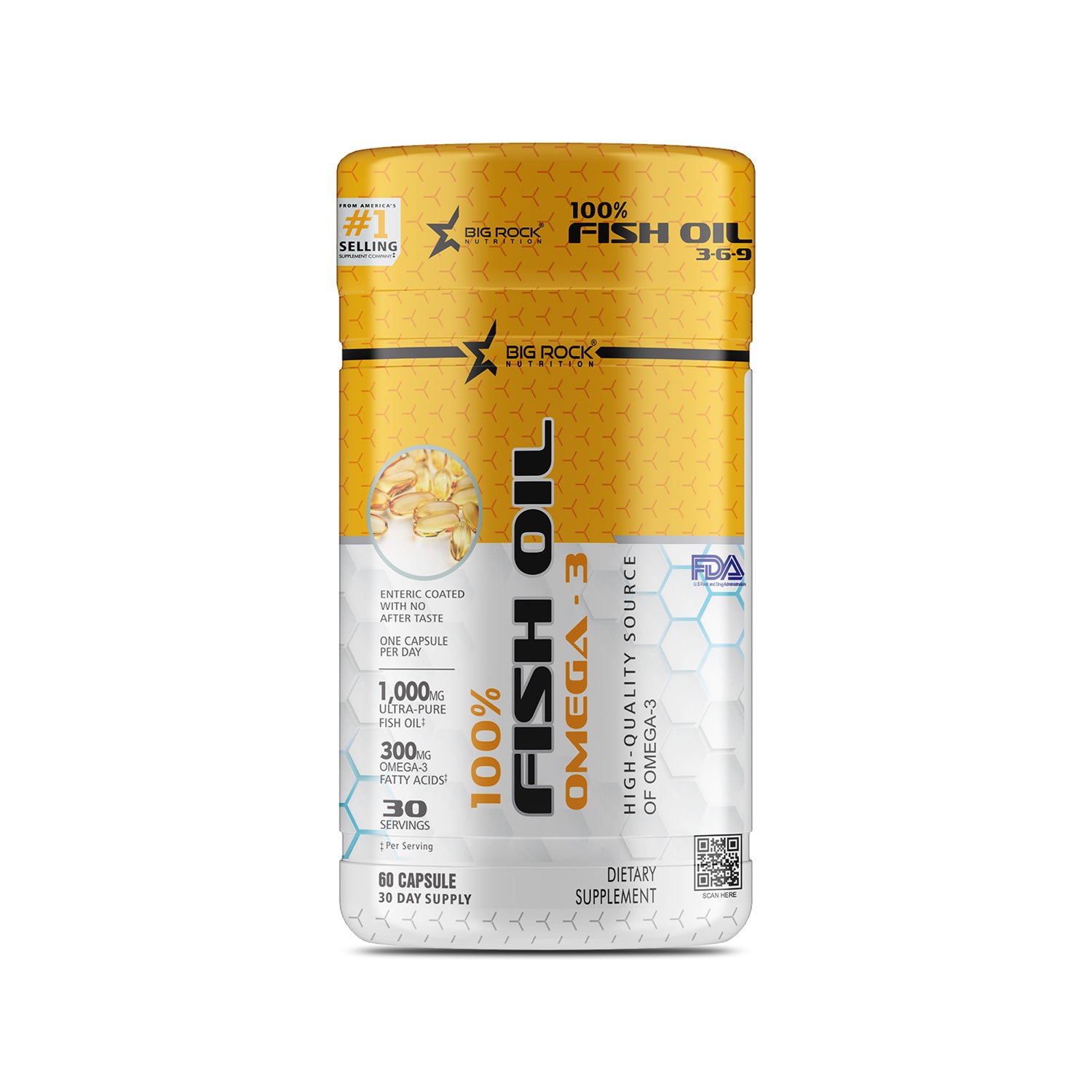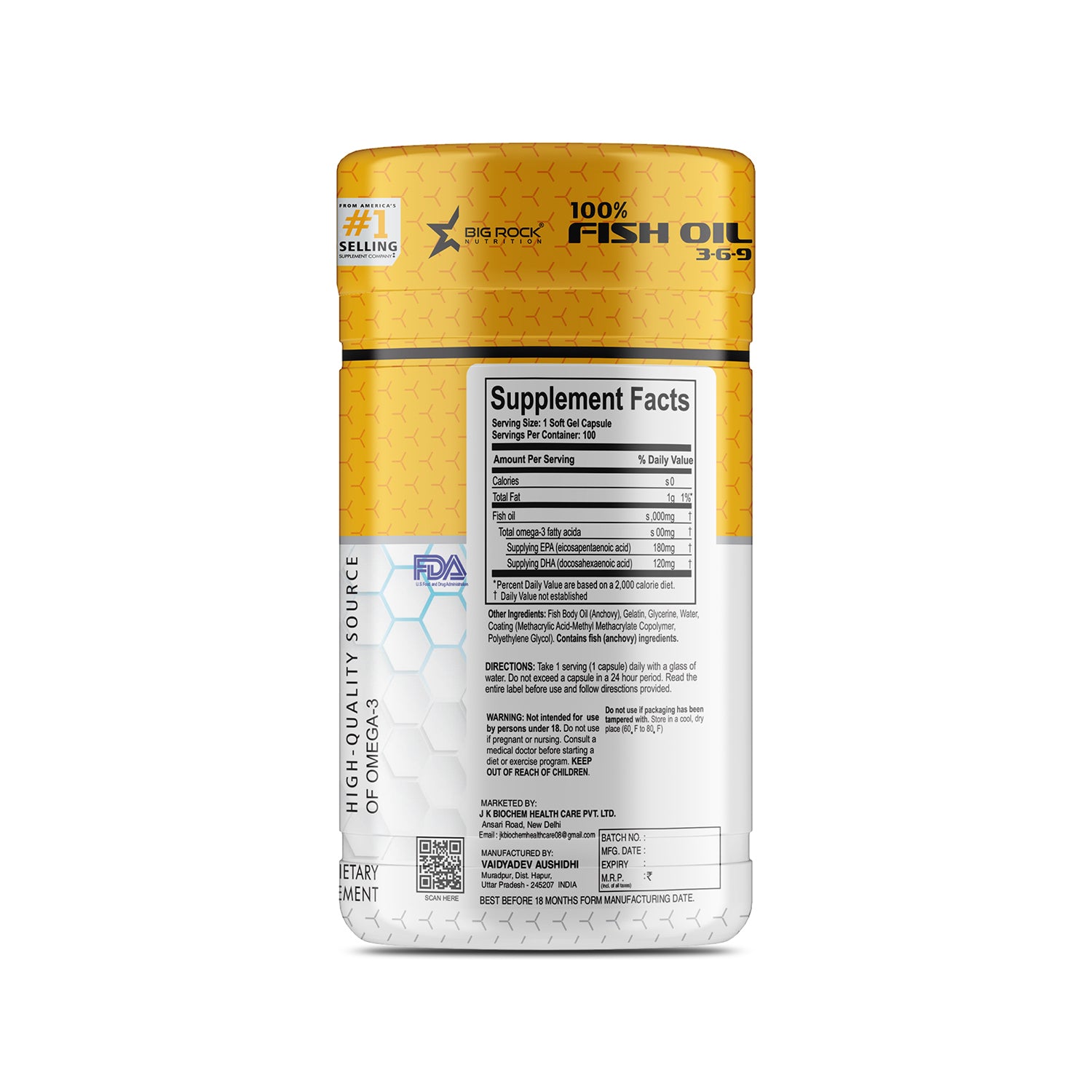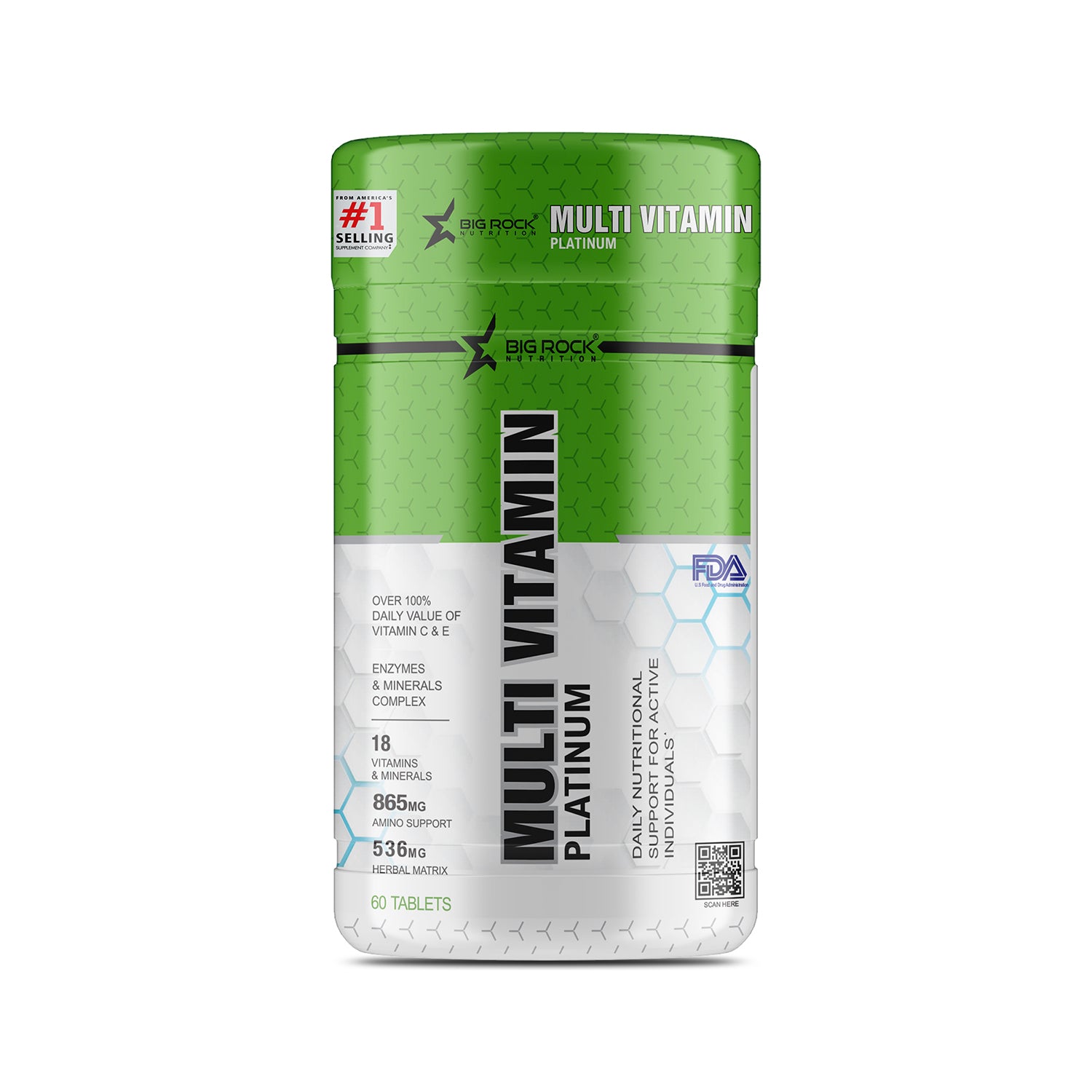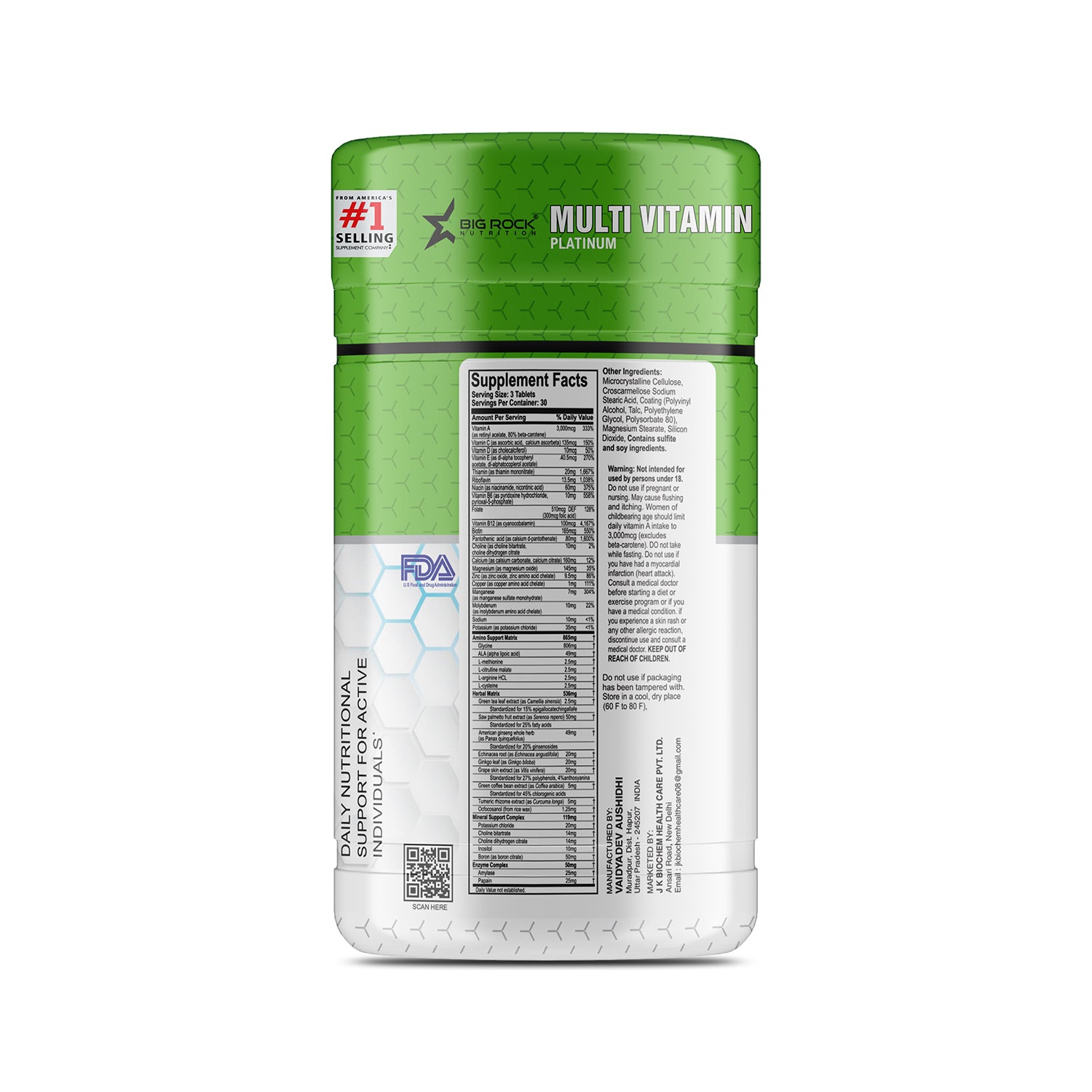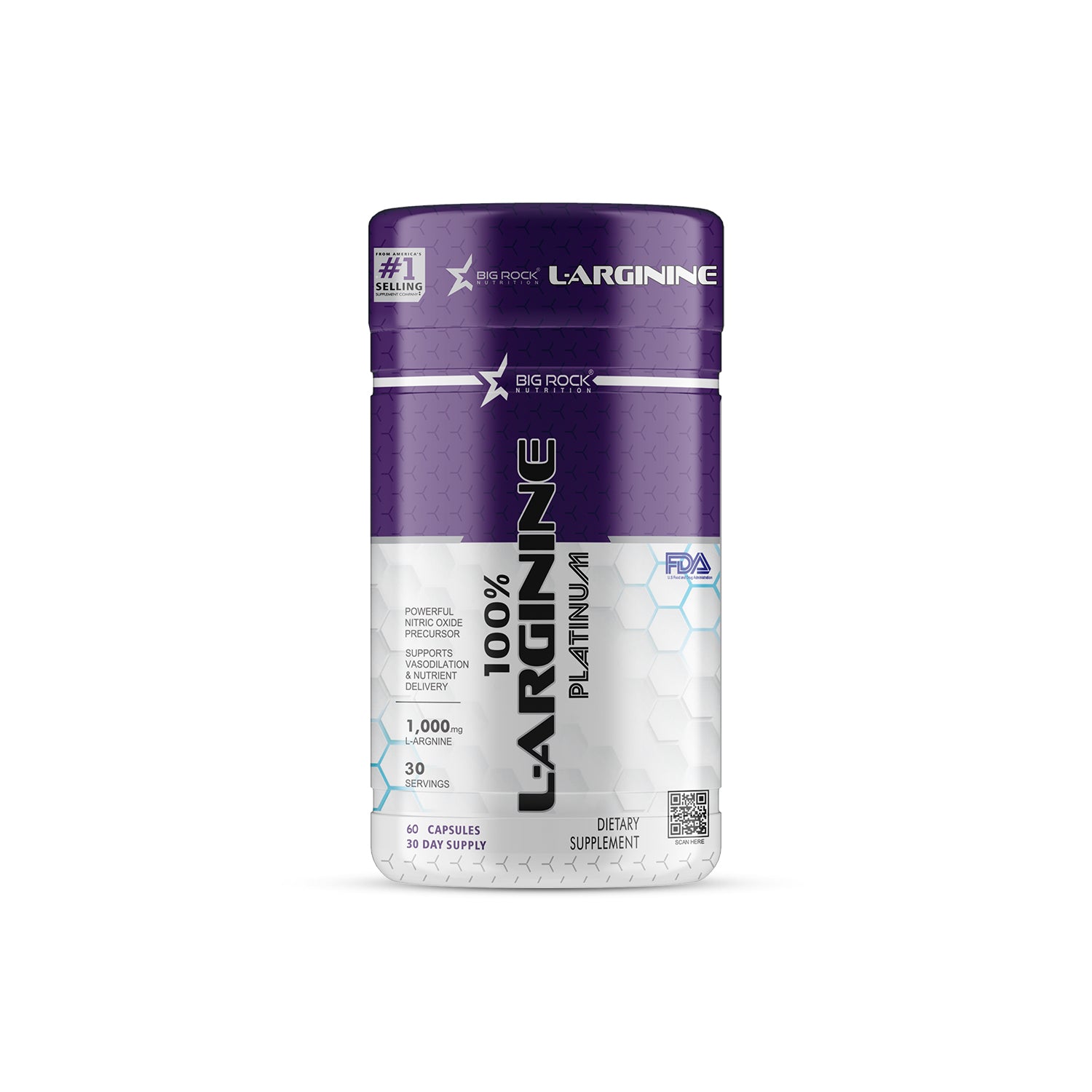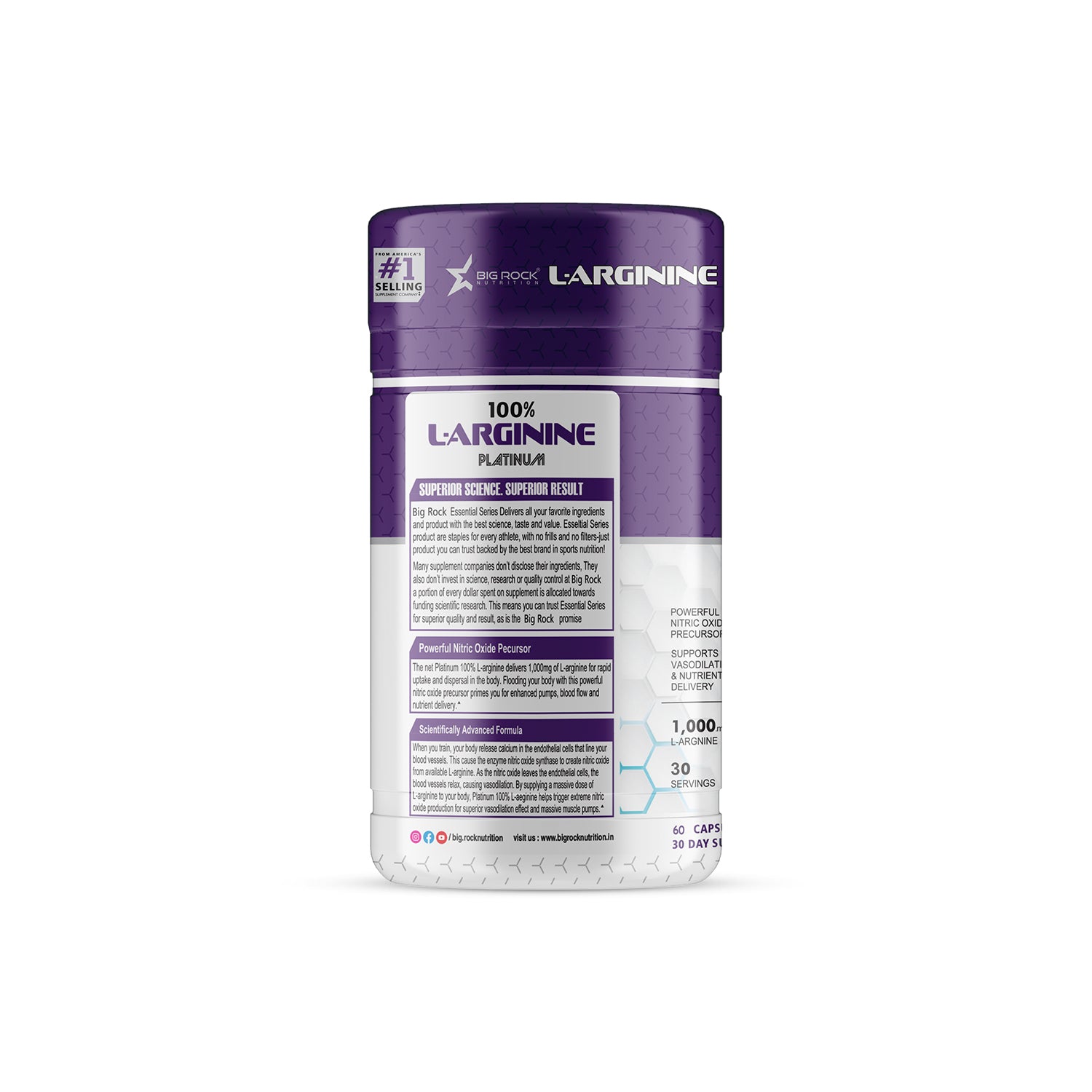Sugar isn't inherently bad for bodybuilders, but its impact depends on the type, quantity, and timing of consumption. Here's a detailed breakdown:
1. Impact on Performance and Energy Levels
-
Quick Energy Source: Simple sugars (like glucose and fructose) are rapidly absorbed and provide a quick source of energy. For bodybuilders, consuming sugar before or during workouts can help boost energy levels, allowing for more intense and prolonged training sessions. This can be especially beneficial in endurance-based activities or during extended weight training.
-
Post-Workout Recovery: After a strenuous workout, bodybuilders need to replenish glycogen stores in muscles. Consuming sugars, particularly in combination with protein, can enhance glycogen replenishment and support muscle recovery. This is why some post-workout supplements and shakes include sugar.
2. Muscle Growth and Fat Gain
-
Insulin Response: Sugar consumption spikes insulin levels, which is an anabolic hormone that helps shuttle nutrients, including amino acids, into muscle cells. This can be beneficial post-workout when the body is primed for muscle repair and growth. However, consistently high insulin levels outside of the post-workout window can promote fat storage, which might not be ideal for those aiming to stay lean.
-
Caloric Surplus: Excessive sugar intake contributes to a higher caloric intake, which can lead to unwanted fat gain. For bodybuilders in a cutting phase, where the goal is to reduce body fat while maintaining muscle mass, managing sugar intake is crucial to avoid consuming excess calories.
3. Health Considerations
-
Nutrient Density: Sugar is often referred to as “empty calories” because it provides energy without essential nutrients like vitamins, minerals, and fiber. Bodybuilders need a nutrient-dense diet to support their intense training and recovery needs. Excessive sugar consumption can displace more nutritious foods from the diet.
-
Insulin Sensitivity: Chronic high sugar intake can lead to insulin resistance over time, which is detrimental to both health and bodybuilding goals. Insulin resistance can make it harder to maintain muscle mass and promote fat gain, negatively impacting body composition.
-
Inflammation: Excessive sugar consumption, especially from processed and refined sources, can lead to inflammation, which can impede recovery and overall health. Inflammation may also increase the risk of injury and slow down muscle repair.
4. Timing and Type of Sugar
-
Pre-Workout: Consuming sugar before a workout can help fuel the session, especially when paired with a source of protein. However, the amount should be moderate to avoid energy crashes due to rapid blood sugar fluctuations.
-
Post-Workout: This is the most beneficial time for bodybuilders to consume sugar, as it aids in replenishing glycogen stores and can enhance the effectiveness of post-workout protein intake for muscle recovery.
-
Types of Sugar: Natural sources of sugar, such as fruits, come with additional nutrients like fiber, vitamins, and antioxidants, making them a better choice compared to refined sugars found in candy, baked goods, and sugary drinks.
5. Moderation is Key
For bodybuilders, the key is moderation and timing. While sugar can play a role in energy management and recovery, it’s important to balance it with complex carbohydrates, healthy fats, and proteins. Excessive sugar intake, especially from processed sources, can lead to unwanted fat gain, hinder muscle definition, and negatively affect long-term health.
Conclusion
Sugar isn't inherently bad for bodybuilders, but it should be consumed strategically. When used appropriately, sugar can enhance performance and recovery, but excessive or poorly timed intake can lead to fat gain and other health issues. The focus should be on a balanced diet that prioritizes nutrient-dense foods, with sugar being used as a tool to meet specific training and recovery needs.
1. Types of Sugars and Their Effects
-
Simple Sugars (Monosaccharides): These include glucose, fructose, and galactose. They are the most basic forms of sugar and are quickly absorbed by the body. Glucose, in particular, is the primary energy source for your muscles during intense workouts.
-
Disaccharides: This category includes sucrose (table sugar) and lactose (milk sugar). These sugars are broken down into monosaccharides before being absorbed. Sucrose, which is half glucose and half fructose, is often found in processed foods and can lead to rapid spikes in blood sugar levels.
-
Complex Carbohydrates (Polysaccharides): These include starches found in foods like potatoes, rice, and whole grains. Complex carbs are broken down into simple sugars more slowly, providing a more sustained energy release. For bodybuilders, complex carbs are generally preferred for sustained energy and maintaining stable blood sugar levels throughout the day.
2. Insulin: An Anabolic Hormone
-
Insulin’s Role in Muscle Growth: Insulin is crucial for muscle growth because it facilitates the uptake of glucose and amino acids into cells, promoting muscle protein synthesis. After a workout, consuming simple sugars can cause a rapid insulin spike, which helps drive nutrients into muscle cells, making it an effective time to consume sugar.
-
Insulin Sensitivity: Insulin sensitivity refers to how effectively your cells respond to insulin. High insulin sensitivity is desirable for bodybuilders, as it means muscles are more efficient at absorbing glucose and amino acids, leading to better muscle growth and recovery. However, overconsumption of sugar can decrease insulin sensitivity, leading to a higher risk of developing conditions like insulin resistance and type 2 diabetes. Maintaining insulin sensitivity is crucial for long-term muscle gain and fat loss.
3. Role of Sugar in Different Phases of Bodybuilding
-
Bulking Phase: During the bulking phase, bodybuilders aim to increase muscle mass, often at the expense of gaining some body fat. Sugar can be beneficial during this phase if used strategically. Consuming sugar post-workout can help replenish glycogen stores and support muscle recovery. However, it’s important to avoid excessive sugar intake that could lead to unnecessary fat gain. Balancing sugar intake with complex carbohydrates, proteins, and healthy fats is key to minimizing fat gain while maximizing muscle growth.
-
Cutting Phase: In the cutting phase, bodybuilders aim to reduce body fat while preserving muscle mass. Sugar intake should be carefully managed during this phase. While small amounts of sugar can still be beneficial post-workout, overall intake should be reduced to prevent excess calorie consumption and fat gain. Focusing on nutrient-dense, low-sugar foods can help maintain muscle mass and support fat loss.
-
Maintenance Phase: During the maintenance phase, where the goal is to maintain muscle mass and overall body composition, sugar can be consumed in moderation. The focus should be on maintaining insulin sensitivity and ensuring that sugar intake doesn't lead to fat gain. Consuming sugar primarily around workouts can help support performance and recovery without negatively impacting body composition.
4. Timing of Sugar Consumption
-
Morning: Some bodybuilders consume sugar in the morning, particularly if they work out early in the day. A small amount of sugar can help raise blood glucose levels and provide an energy boost for morning workouts. Pairing sugar with protein and complex carbs can help maintain stable energy levels.
-
Pre-Workout: A moderate amount of sugar before a workout can help fuel intense exercise by quickly raising blood glucose levels. This is especially useful for high-intensity or endurance-based workouts where quick energy is needed.
-
Intra-Workout: For long or particularly grueling training sessions, consuming simple sugars during the workout can help maintain energy levels and delay fatigue. This is common in endurance sports but can also be applied to bodybuilding during extended weightlifting sessions.
-
Post-Workout: This is the most effective time for sugar consumption in bodybuilding. After a workout, muscles are depleted of glycogen, and consuming sugar can rapidly replenish these stores. The resulting insulin spike also helps transport amino acids into muscle cells, facilitating muscle repair and growth. Combining sugar with a protein source (such as in a post-workout shake) optimizes recovery.
5. Potential Risks of Excessive Sugar Intake
-
Fat Gain: Consuming more sugar than your body needs for energy and glycogen replenishment can lead to fat gain. This is because excess glucose is converted to fat and stored in adipose tissue. Bodybuilders need to carefully manage sugar intake, especially during the cutting phase, to avoid adding unwanted body fat.
-
Inflammation and Recovery: High sugar intake, particularly from refined and processed sources, can contribute to systemic inflammation. Chronic inflammation can impair recovery, increase the risk of injury, and negatively impact overall health. It’s important to balance sugar intake with anti-inflammatory foods like fruits, vegetables, and omega-3 fatty acids.
-
Dental Health: Sugar is a major contributor to tooth decay. Bodybuilders who consume sugary foods or drinks frequently should be mindful of oral hygiene to prevent dental issues that could impact their overall health.
6. Sugar Alternatives for Bodybuilders
-
Fruits: Fruits contain natural sugars along with fiber, vitamins, and minerals, making them a better option compared to refined sugars. Berries, bananas, and apples are great options for pre- or post-workout snacks.
-
Honey and Maple Syrup: These natural sweeteners contain beneficial antioxidants and can be used in moderation as a healthier alternative to refined sugar.
-
Stevia and Monk Fruit: These are non-caloric sweeteners derived from natural sources and can be used as a sugar substitute in various foods and drinks. They don't impact blood sugar levels, making them a good option for those in a cutting phase or with insulin sensitivity concerns.
7. Practical Tips for Bodybuilders Regarding Sugar Intake
-
Monitor Sugar Intake: Keep track of your daily sugar intake to ensure it aligns with your fitness goals. Use apps or food diaries to log and analyze your consumption.
-
Focus on Whole Foods: Prioritize whole foods like fruits, vegetables, whole grains, and lean proteins that provide essential nutrients and are low in added sugars.
-
Use Sugar Strategically: Consume sugar around your workouts to maximize its benefits for energy and recovery. Avoid excessive sugar intake during other times of the day, particularly before bed, to prevent unnecessary fat gain and disrupted sleep.
-
Stay Hydrated: Sugar can cause dehydration, especially during intense workouts. Ensure you're drinking plenty of water throughout the day to stay hydrated and support optimal performance.
-
Read Labels: Be mindful of hidden sugars in processed foods. Even products marketed as healthy or low-fat can contain high amounts of added sugars. Reading labels can help you make informed choices and avoid unnecessary sugar intake.
